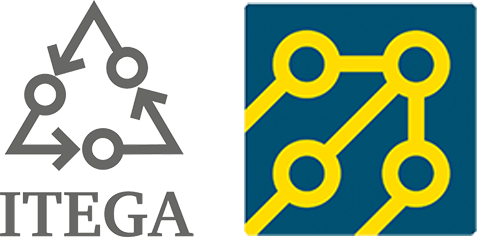A respected researcher and attorney at the open-Internet access group Public Knowledge says new laws, a new federal agency and a careful definition of the public interest are urgently needed to counter the growing monopoly-like power of digital platforms such as Facebook.
“While this sector has undoubtedly created enormous benefits for society as a whole, these benefits are unequally distributed, concentrating control over our daily lives in a manner that undermines fundamental values of our democratic society,” writes Harold Feld in an online version of his new book. “We must move quickly to arrest these developments, or risk having the fundamental decisions in our lives increasingly made for us.”
Feld, a senior vice president at Public Knowledge, posted “The Case for the Digital Platform Act: Market Structure and Regulation of Digital Platforms,” last week (May 8) at http://www.digitalplatformact.com.
The E-book includes a forward by former U.S. Federal Communications Commission Chairman Tom Wheeler.
Feld looks to the 1930s and the way telephone and then broadcasters were regulated as having important lessons for crafting Internet platform regulation. He lays that out in a short blog post on the World Economic Forum website.
Feld introduces the “cost of exclusion” as a basis for determining the need for antitrust action in the tech platform world. The key question, he argues, is whether it is possible to carry on business or life without the dominant platform service. To the degree it is not, the platform should be regarded as like public utility and subject to regulation, he writes.
“The current situation of pressuring companies to take ‘voluntary’ action is seductively easy because it avoids forcing Congress to make the necessary hard choices,” writes Feld. “It also opens the door to soft censorship and the promotion of political propaganda in the name of “responsible” corporate governance. However difficult and controversial Congress may find it to develop content moderation requirements for digital platforms, perpetuating the current efforts to force platforms to develop “voluntary” codes is corrosive to democracy and undermines the rule of law.”
Feld disagrees with some researchers who believe that Congress should repeal Section 230 of the Communications Decency Act, which absolved ISPs and platforms of liability for comments made in user-generated content. He says such a repeal would to disruptive to entrenched business models. He favors instead a variety of other approaches.
“At the same time, uncertainty cannot freeze us into perpetual inaction. Refusal to act, and especially the refusal to even engage in serious discussion, is as much a poor choice as acting precipitously,” Feld writes.
Among other recommendations:
— Enact a Digital Platform Act which defines public interest
— Establish a new regulatory body for the Internet sector
— Prohibit code which discriminates on the basis of “suspect classes” such as race, gender or national origin.
— Promote the teaching of news and media literacy in schools
— Support open-source and interoperable APIs as a substitute for traditional network interconnection.
— Impose sharp restrictions on vertical integration and horizontal cross-ownership — particularly for existing incumbent services.
“As a society, we should not want our choices limited to which of four or five major platforms ultimately controls our home network (with its army of networked devices listening and recording everything to “serve us better”), or provides our news, or determines which jobs or goods and services to offer us,” says Feld. “But such a future seems eminently possible, even likely if we continue to do nothing.”

